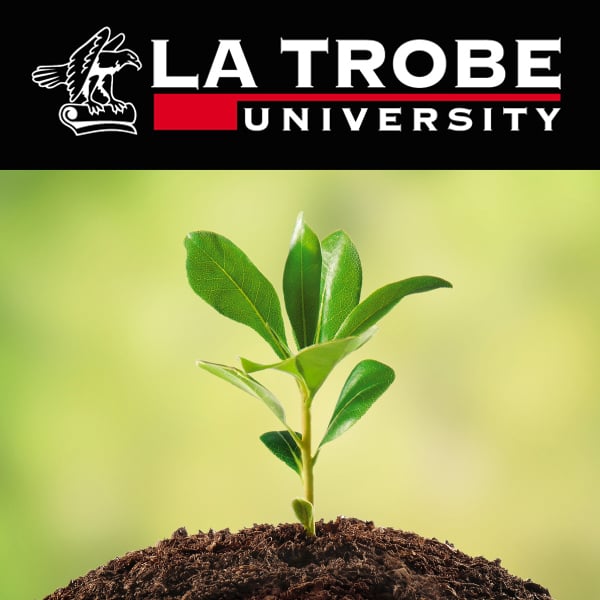Plant Biotechnology II
Description
Over thousands of years, humans have "domesticated" wild type plants and animals through selective breeding. Examples from the plant world include the breeding of modern hybrid maize from teosinte, or the development of modern wheat from emmer.
As our knowledge of genomics and molecular technologies advances, we have developed much more precise and potentially more versatile ways to modify plants: genetic modification.
In these two lectures we have a brief look at what biotechnology actually means, and our challenges in the time of rapid population growth and climate change. Using the example of Bacillus thuringiensis toxin we explore the principles behind genetic modification, and follow that up with a brief description of the introduction of herbicide resistance into broad acre crops.
To conclude Plant Science in 2012, we move away from those input traits and take a look at Golden Rice, a genetically modified rice that produces beta-carotin in the grain. Golden Rice has the potential to save many thousands of children from blindness, and even death, caused by lack of vitamin A in the prevalent staple diet.
Copyright 2012 La Trobe University, all rights reserved. Contact for permissions.
More Episodes
Published 10/30/12
Over thousands of years, humans have "domesticated" wild type plants and animals through selective breeding. Examples from the plant world include the breeding of modern hybrid maize from teosinte, or the development of modern wheat from emmer.
As our knowledge of genomics and molecular...
Published 10/30/12
Over thousands of years, humans have "domesticated" wild type plants and animals through selective breeding. Examples from the plant world include the breeding of modern hybrid maize from teosinte, or the development of modern wheat from emmer.
As our knowledge of genomics and molecular...
Published 10/30/12


